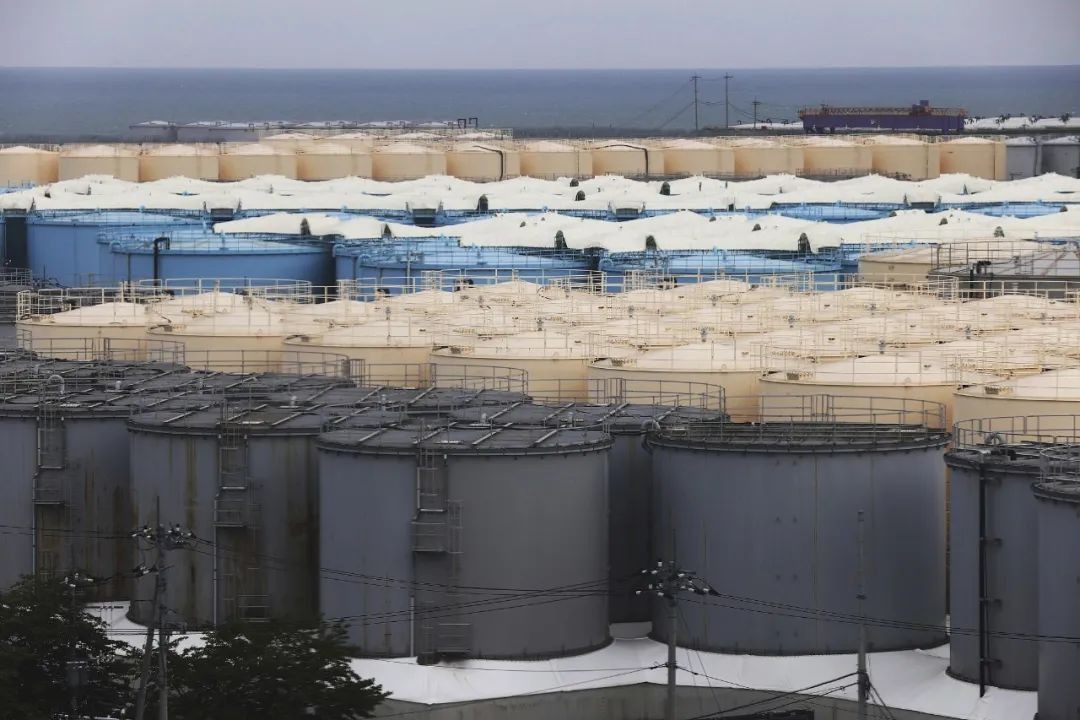Japan must treat nuclear contaminated water in a scientific
release time:2023-08-03
The Japanese government cannot make a unilateral decision on how to deal with nuclear-contaminated water. Instead, it should make a proper and responsible decision after full discussion and consensus with all relevant parties in a rational and scientific manner, so as to truly be responsible for the interests of its own people and the international public interest. The Fukushima nuclear accident in Japan is one of the world's most serious nuclear accidents to date. The accident resulted in the release of a large amount of radioactive material, which may have a long-term impact on the Marine ecological environment, human life and health, and food safety. The international community is highly concerned about this. After the accident, the plant's operator, Tokyo Electric Power Company, continued to pump water into the containment vessel to cool the reactor core. In addition, groundwater and rainwater continue to flow into the nuclear power plant, resulting in a rapid increase in contaminated water. These bodies of water contain large amounts of radionuclides as a result of exposure to leaking nuclear fuel. At present, more than 1.3 million tons of nuclear-contaminated water has accumulated, and the Japanese government is making final preparations for the discharge of nuclear-contaminated water into the sea. The release of contaminated water into the sea is expected to continue for decades and could pose a long-term threat to the Marine environment and public health. The Japanese government's plan to release nuclear contaminated water into the sea concerns the well-being of neighboring countries and even mankind, causing widespread concern in the international community. The Japanese government cannot make a unilateral decision on how to deal with nuclear-contaminated water. Instead, it should make a proper and responsible decision after full discussion and consensus with all relevant parties in a rational and scientific manner, so as to truly be responsible for the interests of its own people and the international public interest. The Japanese government and TEPCO say the contaminated water will be treated with a "multi-nuclide treatment system" before being released into the sea. However, the actual treatment effect of the system did not meet the expectations, and the concentration of radionuclides in the treated nuclear contaminated water exceeded the discharge standard many times. All parties have doubts about the reliability of the "multi-nuclide treatment system" and whether radioactive materials in nuclear-contaminated water can be thoroughly filtered and removed. Radionuclides in nuclear-contaminated water are extremely difficult to remove. Taking into account ocean currents, migratory fish and other factors, once the radioactive material in the nuclear-contaminated water enters the ocean, it is likely to form trans-regional diffusion. These radioactive substances can accumulate in Marine organisms and pass through the food chain, which can cause harm to human health. There are several ways to deal with contaminated water from the Fukushima plant. The Japanese government has proposed various plans for the treatment of nuclear contaminated water, such as underground burial and steam release. In addition, some industry experts have proposed new large-scale storage tanks for long-term storage of nuclear-contaminated water and other alternatives. However, the Japanese government chose what they considered the most "cost-effective" option - releasing the contaminated water into the sea. The rationality of this scheme, which may seriously threaten the Marine ecological environment, is widely questioned. The ocean is the common property of the world. The Japanese government needs to adopt a highly responsible and prudent attitude to deal with nuclear-contaminated water in a scientific and safe manner. The Japanese government should actively maintain communication and consultation with neighboring countries and other stakeholders to jointly explore a proper treatment plan for nuclear-contaminated water. In addition, the establishment of a working group composed of experts from all relevant parties under the framework of an international organization may also be considered to conduct strict assessment, verification and supervision of the disposal methods and processes of nuclear-contaminated water. (The author is a professor at the Department of Nuclear Technology, Far Eastern Federal University, Russia, and a corresponding member of the Russian Academy of Sciences)

 Service Hotline:133-9305-7858,If you are interested or in doubt, please call!
Service Hotline:133-9305-7858,If you are interested or in doubt, please call!
YuHe Technology - dedicated to serve you!







